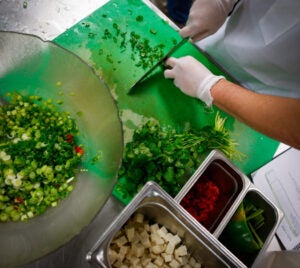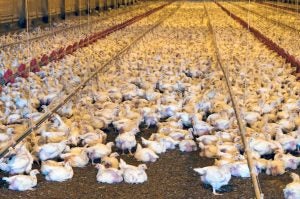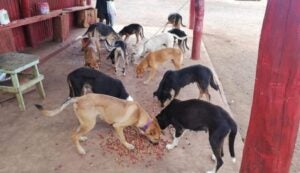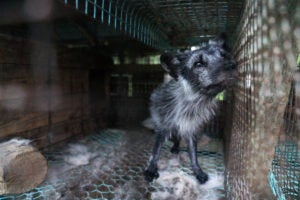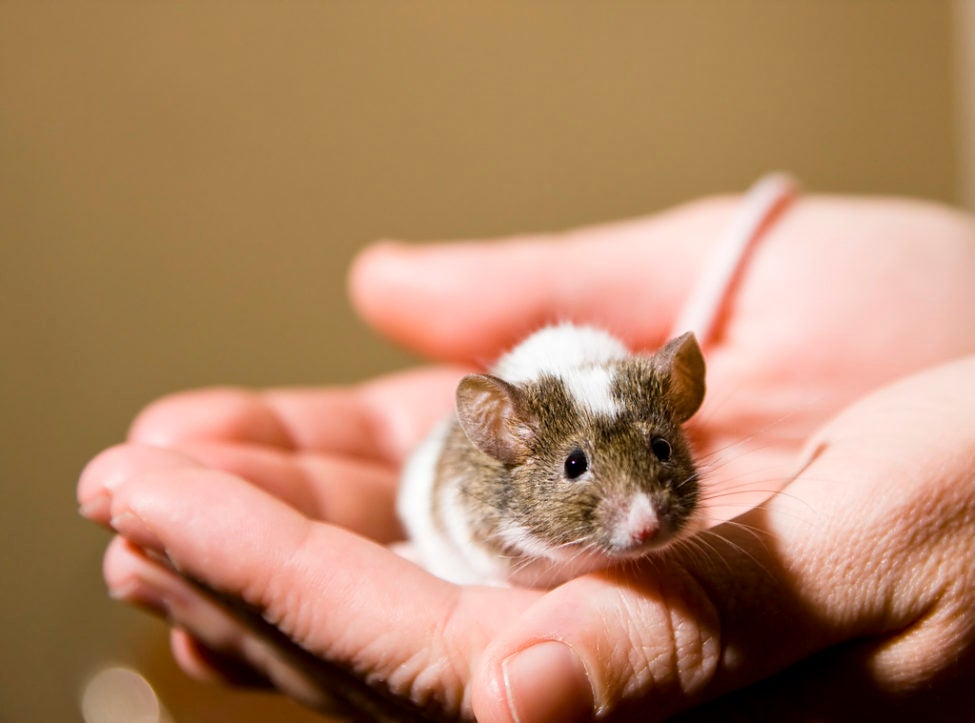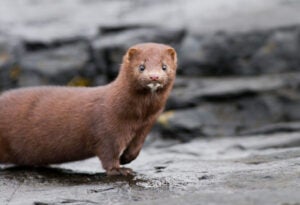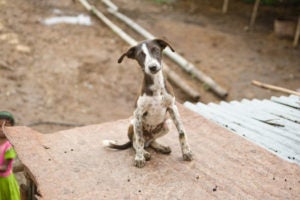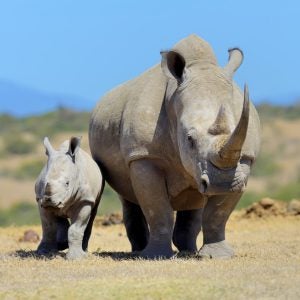
BEIJING–China’s leading animal protection organizations have sent an open letter to President Xi Jinping urging the Chinese government to make China the first country in Asia to ban the import of rhino hunting trophies. At a press conference held in Beijing on World Rhino Day, Capital Animal Welfare Association (CAWA) together with wildlife and legal experts released the letter co-signed by more than twenty Chinese animal protection and conservation organizations as part of an appeal to eliminate Chinese demand for rhino products, including hunting trophies.
China is the world’s second largest importer of rhino hunting trophies after the United States. Between 2009 and 2018, China declared imports of 46 southern white rhino trophies – most imported from South Africa – in addition to 33 skins, eight bodies, 112 feet and six tails that also resulted from trophy hunts*. However, in a concerning discrepancy, South Africa reported exporting a total of 115 rhino horns and hunting trophies destined for China between 2013 and 2016 while China only reported importing 42 during the same period, raising suspicions of a vibrant black market for illegal rhino horns in China.
The Convention on International Trade in Endangered Species of Wild Fauna and Flora (CITES) has identified China as a “focus country” to address the rhino poaching crisis and rhino horn trafficking, in addition to Viet Nam, Zimbabwe, South Africa, Namibia, Botswana and Mozambique. Indeed, 30% of recorded global rhino horn seizures between 2014 and 2018 involved China, suggesting that demand for rhino horn in the country is increasing. The number of overseas Chinese nationals arrested for crimes involving illegal rhino horn has also escalated significantly in recent years.
The Chinese NGO and experts’ letter states: “Trophy hunting is a bloody hobby and has been heavily chastised by members of the public in most countries around the world. However, this activity has become a pursuit for the wealthy few in China who can afford to spend a large sum to travel across the globe and take pleasure from killing rare and iconic wild animals, showing off by posing for morbid selfies by the slain animal bodies. Our country has become the target of aggressive promotion by the international trophy hunting industry that has been losing customers in the West and hope to lure Chinese customers…The International Union of Conservation of Nature’s Ethics Specialist Group has stated that trophy hunting is unethical. Trophy hunting is deeply rooted in Western colonialism and incompatible with Chinese history and tradition.”
Citing recent CITES reports, CAWA and co-signers of the letter also raised their concerns about the continuous transnational trafficking of rhino horns from Africa by Chinese criminal networks. Enforcement investigations have found evidence of strong and persisting demand for rhino horns within China.
Madame Qin Xiaona, founder of CAWA, said: “With China implicated as a major destination of illegal rhino horns, the additional distinction of China as the world’s second largest importer of rhino trophies is a stain on China’s international conservation image and runs counter to President Xi’s ecological civilization agenda. China does not need this cruel trade that panders to the whims of an extremely small number of the rich but does lasting damage to wildlife and to China’s reputation. We urge President Xi to adopt a ban on the import of rhino parts and products including rhino hunting trophies, similar to the existing, historic ban on the import of elephant tusks and their products.”
International wildlife experts also leant their voice of support for ending global trade in rhino trophies. Audrey Delsink, wildlife director at Humane Society International-Africa based in South Africa, said, “We applaud the Chinese animal protection groups and experts in calling to protect rhinos from trophy hunting. Trophy hunting and poaching of rhinos places a higher value on dead rhino parts than on the living animal, leading to this iconic species being decimated in the wild. The Chinese government has the power to show world leadership in how to save the rhino.
Rhinos are synonymous with South Africa’s natural heritage, and as the range state with the most rhinos in the world and therefore one of the last vestiges of hope for the species, the South African government should be doing all it can to protect rhinos rather than promoting activities that exploit them.”
Teresa M. Telecky, Ph.D., vice president of HSI’s wildlife programs, adds: “Chinese animal advocates have seen through the pseudo-conservation claims of the global trophy hunting industry and are sending them a powerful message – rhinos should not be hunted for fun and for bragging rights. China already has a ban on the import of elephant tusks and their products, including elephant tusk hunting trophies, and conservation efforts would be by a similar ban on the import of rhino trophies. However, stopping trophy hunting of rhinos is not China’s task alone. The United States is the world’s largest importer of rhino trophies and also has a critical role to play in protecting the world’s remaining wild rhinos.”
ENDS
Media Contact:
- China: Jake Cao, Secretary General, Beijing Capital Animal Welfare Association: vshinemz@163.com
- USA: Dr Peter Li, China policy specialist, Humane Society International: pli@hsi.org
- U.K: Wendy Higgins, director of international media, Humane Society International: whiggins@hsi.org
Notes
* stats from analysis of trade database from the Convention on International Trade in Endangered Species of Wild Fauna and Flora.

